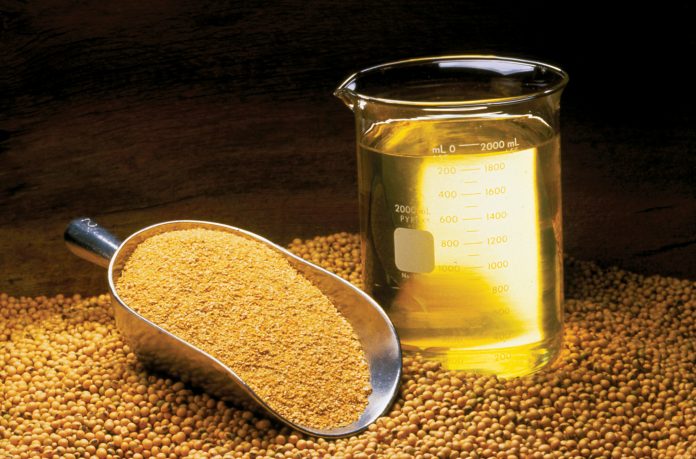The latest figures on European Union imports of soybeans show an increase of 283% in imports of soybeans from the United States. According to data published by the European Commission on August 1, this brings the bloc’s total share of imports of US soybeans to 37%, up from 9% one year ago.
European Commission President Jean-Claude Juncker has now put in place a bi-monthly reporting mechanism on the evolution of trade in soybeans from the US to the EU. This is the first concrete follow-up to the EU-US Joint Statement agreed in Washington between Juncker and US President Donald Trump.
“The European Union can import more soybeans from the US and this is happening as we speak,” Juncker said on August 1. “This is a win-win situation for European and American citizens.”
In turn, the European Commissioner for Agriculture, Phil Hogan, said: “The European Union and the United States have been longstanding partners and there is room to further strengthen our trade relationship. We expressed our willingness to import more soybeans from the United States and this is already happening. European and American farmers have much to gain by working together.”
According to a Commission press release, soya is a source of protein to feed animals, including chicken, pigs and cattle, as well as for milk production. The EU currently imports about 30m tonnes per year because it cannot produce sufficient quantities. US prices for both soybeans and soymeal are currently the most competitive on the market and therefore a very attractive feed option for European importers and users.
In a separate report, the Reuters news agency noted that Trump said the EU was going to start “to buy a lot of soybeans” after a deal last month in which the EU offered measures he could sell to voters ahead of November elections.
Market analysts said the surge was caused by plunging prices in June, as China largely stopped buying US soybeans in retaliation for trade measures that Trump has targeted at Beijing.

